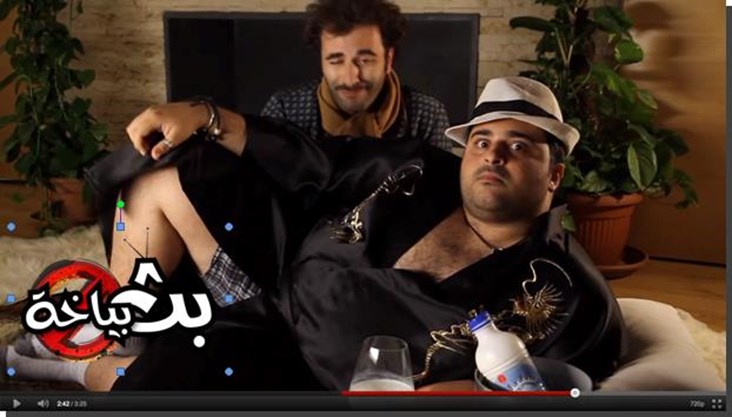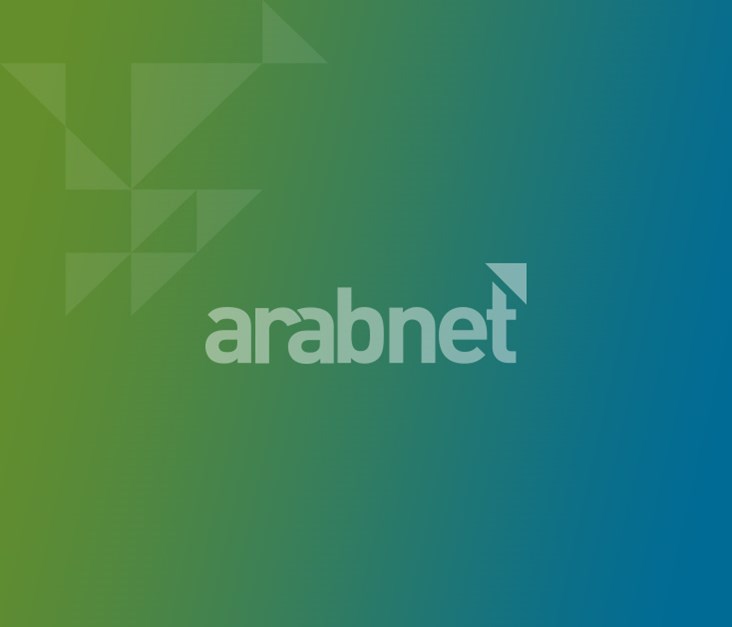
Late last October, I wrote about the ever growing consumption of online video in the Arab world, what the new generation is mostly interested in and why paid models are still challenged. I can’t be more excited to say that in only 8 months, I’ve come across major changes in the market. A (R)evolution is upon us and there are even more opportunities for web video today than ever before, but how many will we realize and how soon?
In a world where traditional media companies can actually make a transition to the online world fairly easily, they won’t, because they’re afraid that it’ll cannibalize their larger offline revenue streams. The assumption that the magnitude of the opportunities these entities are in touch with today will remain forever is an absolute fluke. We all know it. Online video is what the web was to print media a decade ago: those who embraced it didn’t fare that well; those who shunned it died. In all honesty, I might be a bit too excited and reality suggests that online video will need to grow MUCH MUCH MUCH faster than it is today, but a bright and new future for the Arab world is just around the corner.
Enter the Semi-Pro: “Goodbye gourmet, hello taco truck!” is what a great deal of chefs are doing in the U.S. today. It’s becoming fairly common for gourmet chefs in the US to leave their well-paid, high stress restaurant jobs for more exciting, and almost equally lucrative jobs, as mobile sandwich vendors that are adored by thousands. A similar phenomenon is taking place in the film and production space. Finally, and perhaps 10 years too late compared to the west, Arab producers and film-makers are taking a leap of faith and producing programming that is exclusive for the web. Shorter, more local and a lot more snappy. It’s something we haven’t seen before. More interestingly, our “consume only” media culture in the Arab world is transforming. For the first time we are witnessing individuals from some of the most conservative areas in the region take a camera, aim it at their faces and vlog out what they have on their minds in a consistent and rather bold manner. The beauty of the internet is that it’s open and free, we are finally embracing it and starting to speak freely about what’s on our minds. Not only am I happy to see that cultural barriers are being broken, but I feel that these are the beginnings of new creative efforts that’ll encourage content that is more original, niche, and of value to Arabs across the globe.
On the other side of the coin, some companies have made the mistake of building a traditional media company on-top of the internet, which is sheer lunacy and a recipe for wasted money. TV ad spend will still command the lion’s share of global ad dollars through 2016 (around 40% of total market), the good news is that by that time online video is destined to reach $11.4B in global ad spend and the only chance it has to nip TV in the bud is in growth rates. In 2011 online video will grow at an estimated rate of 50%, and at a rate of 19.6% every year through 2016 versus a 7.5% growth rate for TV advertising. Thus meaning, that large media companies will be holding onto their cash, and those who might’ve failed to build comprehensive online presences, will be looking to buy some of those who haven’t. By that point, the trend will be contagious enough for hundreds of producers to have made it online.
With Ramadan just around the corner, 2011 will mark the first year that the holy month’s programming isn’t just exclusive to television. In fact, the web programs that’ll go live around that time will get a lot more of my attention. (I don’t watch TV anyways) One very vibrant example is Bath Bayakha: (Link: Youtube, d1g.com, Facebook)

Not only is Bath Bayakha the funniest Arabic web-comedy series I’ve ever seen, it might just be the only one around. Interestingly enough, the team behind the show, Amman based Fluid Productions (LInk: http://www.fluidproductionsjo.com/), who have been in the advertisement and audio production business for sometime are making serious strides towards potentially exclusively working on the show for web platforms. More interestingly, after meeting the team I found that none of the individuals behind the show have actually received degrees or professional training in any areas that were remotely close to direction, production, script writing or otherwise. When I heard that they were mostly in the finance and banking industries in past lives, I straight-up discounted them as liars. Maybe I don’t know anything about film, but the level of detail and professionalism I saw that day could have only come from people with degrees in the field. I was wrong and had clumsily forgot that passion and determination could topple any certification. When they started out, they bought and religiously studied every single text book that they could find on the matter and immediately got to work. I was a super fan of the show ever since they released their pilot episodes in late 2010, but their story gained them so much respect in my book. That type of work ethic and perseverance is something the whole Arab world could learn from.
Proudly, Bath Bayakha is already light-years ahead of the pack and is monetizing on their 30-webisode Ramadan series through sponsorship by Mada Communications & d1g.com. It’s great to see that forward thinking companies are stepping up the plate and taking advantage of such new opportunities.
When thinking of the future of online video content in the Arab world, despite of all the challenges, and all the waiting, it’s just like anything else: WE’RE BUILDING AN INDUSTRY.
Latest Business
Intelligence Report












